When Bullshit Baffles Brains

Those of us who regard truth as a fundamental democratic value and who have now realised that truth no longer plays a part in our parliament, or our media, know that our democracy has been usurped by plutocracy.
The rest of the population has, through blind ignorance, been reduced to a second-tier living standard and they don’t even know it.
The ways in which information that is freely available to all, is being ignored both by politicians and media outlets, demonstrates that no matter how well educated we are, we will continue to play right into the hands of those who are really running the country, unless we take a greater interest in what our government and their media allies are doing.
The release of an utterly useless Fairfax-Ipsos poll asking if we thought Treasurer Scott Morrison was doing a better job than his boss, Malcolm Turnbull, is a case in point.
It’s like asking if I am better at writing than my wife is at cooking. It’s confusing to say the least. It gives the wrong impression about both people and worst of all, encourages less intelligent voters to think more highly of one, over the other, using a false measuring device.
Asking if someone did better at one job than another person doing a different job is irrelevant and Mark Kenny’s interpretation of the results is equally confusing.
On the broader issue of the economy, it reported that the Coalition led Labor on the management of the economy at 39% to Labor’s 28%. But Labor is not in government and therefore, not managing the economy.
Voters were being asked to compare the Coalition’s performance today, with Labor’s performance of 4 to 10 years ago. How do you compare two completely different time frames, two different sets of circumstances?
The conditions faced by Labor from 2007 bear no similarities with the issues the present government are trying to manage. Clearly such a comparison must produce a distorted and necessarily flawed point of view from the voter’s perspective.
But at election time, people factor in such flawed information when deciding who they want to represent them in government. It would serve the country better were they not to vote at all.
It’s not accidental. There is a plethora of irrelevant questions being asked of people week in, week out. It gives newspapers a headline as they exploit a variety of opinions, few of which have any electoral relevance.
Invariably they are painted as being relevant, all of which gives the average voter a distorted view of his ever-diminishing role in how the country is being run and how little power he/she has to effect change.
A classic example is the view Scott Morrison gave on Insiders last Sunday.
Interviewed by Andrew Probyn, Morrison waffled away, as only he can, talking a lot, but saying nothing, before making this stunning comment, “As the labour market tightens, that’s obviously going to lead over time to a boost in wages,” he said.
Morrison claimed that the creation of 240,000 jobs in the last fiscal year was an indication that the labour market was getting tighter, which would lead to increased demand for higher wages.
“That’s why I talk about the better days ahead because we can see all these things lining up – more jobs, more investment, profit performance improving,” he concluded.
To the brain dead, that might sound like he knew what he was talking about. But there is nothing by way of evidence to indicate any of that is true. In fact, the evidence suggests the opposite is true.
The June Quarter 2017 National Accounts data released by the Australian Bureau of Statistics (ABS), on September 6th shows quarterly growth at 0.8% and year to June 2017 growth of just 1.8%. You can read Bill Mitchell’s assessment of it here.
In the June quarter, government spending contributed all of that growth. Growth in the private sector was zero. Private investment was negative and household savings fell again. This means that stagnant wage growth is forcing households to take on more credit to maintain living standards.
The unemployment rate has barely moved over the last 12 months. The 244,000 jobs created has not even kept pace with the population growth.
Little wonder Scott Morrison says better days are ahead, because the average man and woman in the street is certainly not experiencing better days now. After four years at the helm, the government has shown no improvement in the economy whatsoever.
They continue to fail on every indicator used to judge economic performance at the same time as company profits are running at an all-time high. We have one economy for the wealthy and one for the average man and woman in the street. And it’s all happening right under our noses.
Winston Churchill is quoted as saying, “Democracy is the worst form of government … except for all those other forms that have been tried from time to time.”
One suspects some of China’s leaders might observe such a statement and have a quiet chuckle. But we, in the west, must wonder when bullshit baffles brains so easily, if democracy really does deserve its ranking as better than the rest.
Like what we do at The AIMN?
You’ll like it even more knowing that your donation will help us to keep up the good fight.
Chuck in a few bucks and see just how far it goes!
Your contribution to help with the running costs of this site will be gratefully accepted.
You can donate through PayPal or credit card via the button below, or donate via bank transfer: BSB: 062500; A/c no: 10495969










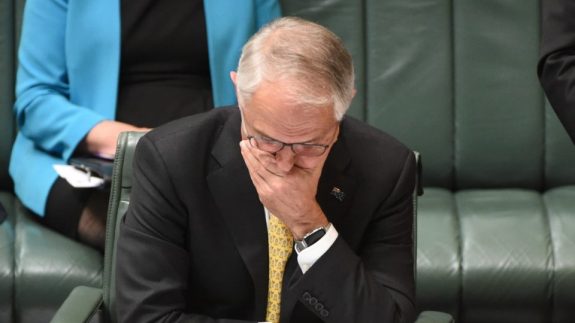
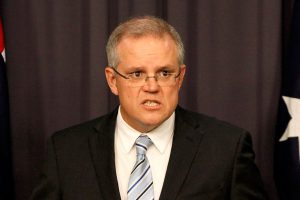 Over the past month the public has seen Scott Morrison answer Leigh Sales very soft questions on the ABC’s 7.30 and felt lulled into believing that we were already experiencing a rebounding economy, except that we are not. The release of the
Over the past month the public has seen Scott Morrison answer Leigh Sales very soft questions on the ABC’s 7.30 and felt lulled into believing that we were already experiencing a rebounding economy, except that we are not. The release of the  So, with the looming marriage equality postal survey likely to result in a ‘yes’ win, Turnbull will then have to support a private member’s bill which could lose him any remaining support from the conservative wing of his own party.
So, with the looming marriage equality postal survey likely to result in a ‘yes’ win, Turnbull will then have to support a private member’s bill which could lose him any remaining support from the conservative wing of his own party.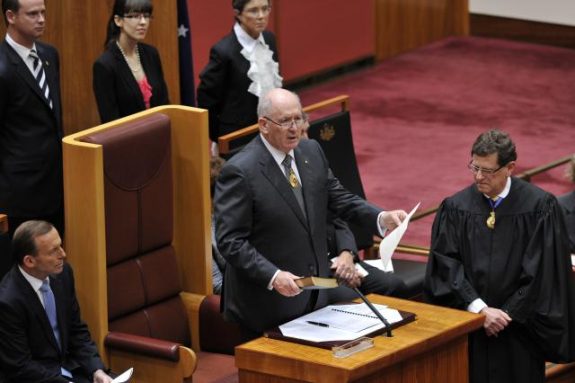
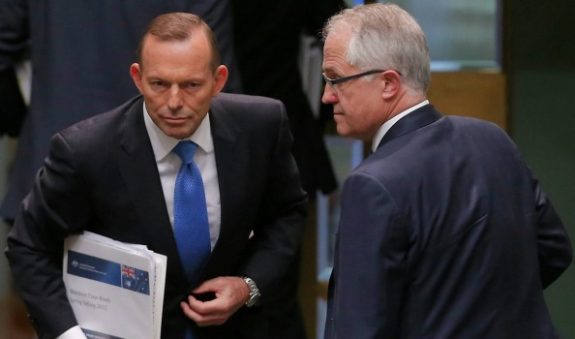
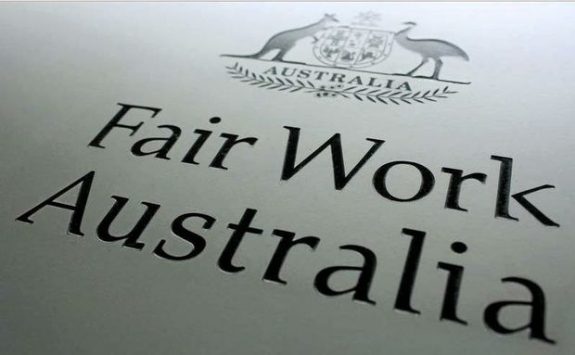

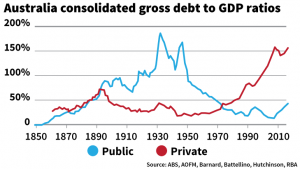
 We, the consumers, the lifeblood of the economy will be left to fend for ourselves. That is the way of conservative governments. They look after their own. If we are reduced to soup kitchens and charitable handouts, so be it.
We, the consumers, the lifeblood of the economy will be left to fend for ourselves. That is the way of conservative governments. They look after their own. If we are reduced to soup kitchens and charitable handouts, so be it.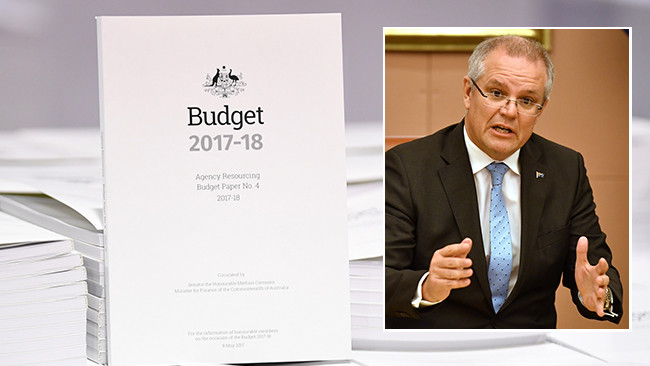
 A quick word of advice for Senator Hanson. No, we won’t be paying it back, not ever. The fact is, a currency-issuing nation can never run out of money, can never owe anything in its own currency, can always afford to buy whatever is for sale in its own currency, and indeed, has a responsibility to ensure all men and women seeking work, are able to find it.
A quick word of advice for Senator Hanson. No, we won’t be paying it back, not ever. The fact is, a currency-issuing nation can never run out of money, can never owe anything in its own currency, can always afford to buy whatever is for sale in its own currency, and indeed, has a responsibility to ensure all men and women seeking work, are able to find it. He could give them a job. He could, by his own definition, so easily convert his “bad” debt into “good” debt, by eliminating unemployment benefits in favour of employing the unemployed and the underemployed in public works.
He could give them a job. He could, by his own definition, so easily convert his “bad” debt into “good” debt, by eliminating unemployment benefits in favour of employing the unemployed and the underemployed in public works.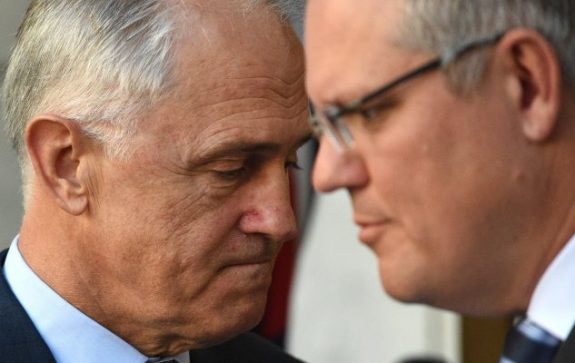
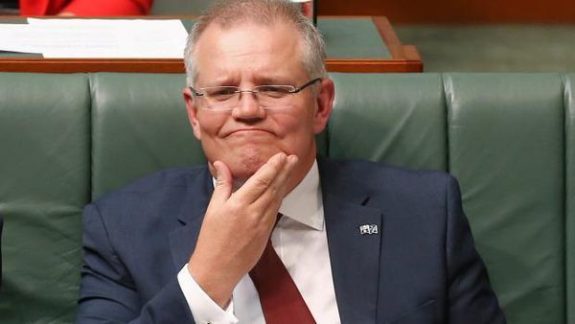
 But they will pay for it in the long run. It’s not that hard to see how an increase in interests rates will hit investors just as savagely as it will the average homeowner, now mortgaged to the back teeth.
But they will pay for it in the long run. It’s not that hard to see how an increase in interests rates will hit investors just as savagely as it will the average homeowner, now mortgaged to the back teeth.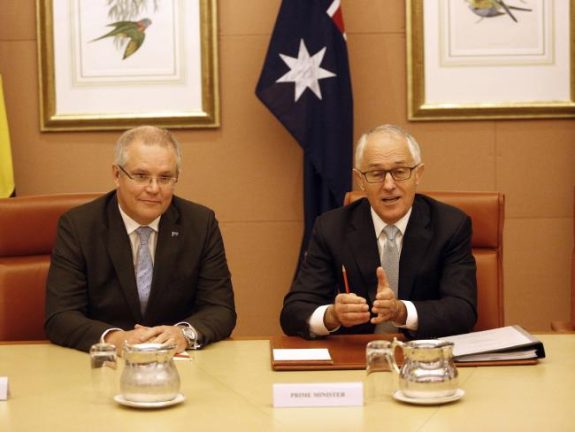
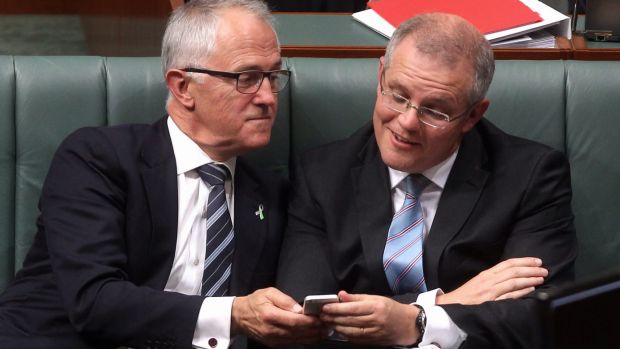
 Has it really taken them over four years in government to realise that? Where was this sort of thinking when they were crucifying Labor over the cost of the NBN? Where was this sort of thinking when Joe Hockey boasted he would return the budget to surplus in their first year? And how’s that working for them these days?
Has it really taken them over four years in government to realise that? Where was this sort of thinking when they were crucifying Labor over the cost of the NBN? Where was this sort of thinking when Joe Hockey boasted he would return the budget to surplus in their first year? And how’s that working for them these days? It’s the fear that the upcoming fiscal statement (the budget), will expose them as failures. They have looked into the crystal ball and seen their legacies trashed. They have decided to embrace debt rather than demonise it.
It’s the fear that the upcoming fiscal statement (the budget), will expose them as failures. They have looked into the crystal ball and seen their legacies trashed. They have decided to embrace debt rather than demonise it.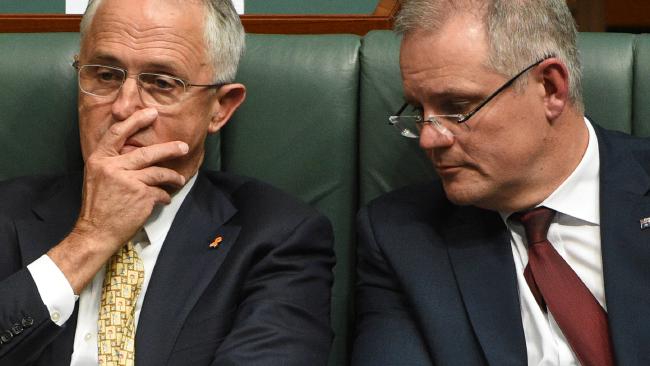
 Unsurprisingly, the
Unsurprisingly, the  There have only been 52.4 thousand jobs (net) added in Australia over the last six months while the labour force has increased by 82.2 thousand. Furthermore, employment growth over the past twelve months has failed to keep pace with population growth. We are going backwards and the Coalition government are a monumental failure.
There have only been 52.4 thousand jobs (net) added in Australia over the last six months while the labour force has increased by 82.2 thousand. Furthermore, employment growth over the past twelve months has failed to keep pace with population growth. We are going backwards and the Coalition government are a monumental failure.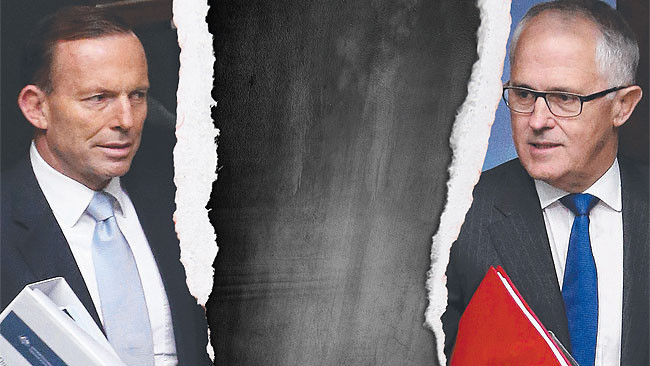
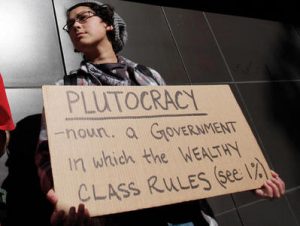 It’s what happens when one loses control. Someone else steps in to fill the void. The federal government are just pawns playing out a script, backed into a corner with no means of escape. The plutocrats have taken over.
It’s what happens when one loses control. Someone else steps in to fill the void. The federal government are just pawns playing out a script, backed into a corner with no means of escape. The plutocrats have taken over.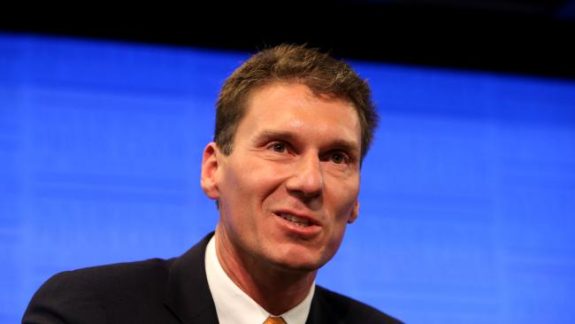
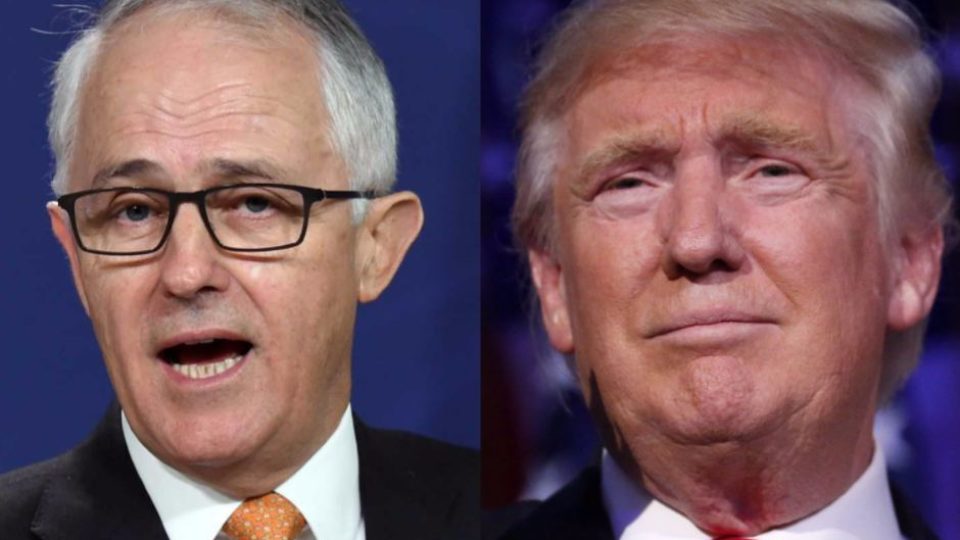
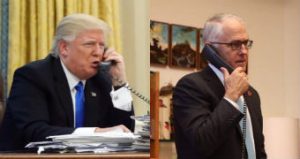 On more serious matters, as much as the Coalition partners here will try to hide it, or limit themselves talking about it, our government is between a rock and a hard place with The Donald in the Maison Blanche.
On more serious matters, as much as the Coalition partners here will try to hide it, or limit themselves talking about it, our government is between a rock and a hard place with The Donald in the Maison Blanche.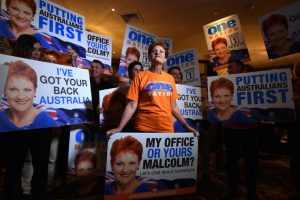 And perhaps, as the doors of the conservative media fly open, ready to embrace public mood swings, they will begin attacks on any minority group that One Nation targets. Trade Unions will also come in for some special attention. Anything to reverse the current disastrous polling figures.
And perhaps, as the doors of the conservative media fly open, ready to embrace public mood swings, they will begin attacks on any minority group that One Nation targets. Trade Unions will also come in for some special attention. Anything to reverse the current disastrous polling figures.